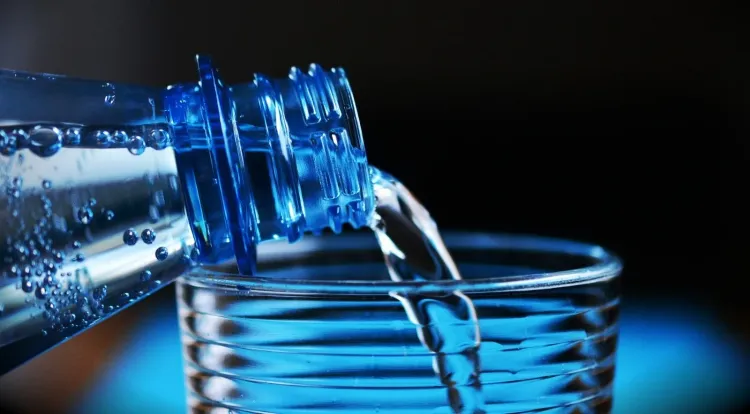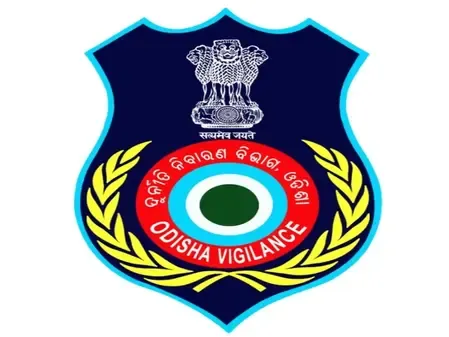How is Coimbatore Addressing Inspections on Drinking Water Units?

Synopsis
Key Takeaways
- Increased inspections of water units in Coimbatore.
- New safety standards implemented by FSSAI.
- Mandatory expiration dates on water containers.
- Importance of TDS levels and mineral enrichment.
- Role of transportation in maintaining water quality.
Coimbatore, May 26 (NationPress) In light of the recent reclassification of packaged drinking water and mineral water as high-risk food categories, the Food Safety Department in Tamil Nadu's Coimbatore district has significantly increased inspections of manufacturing and bottling facilities.
This action follows a spike in public demand for bottled water, leading authorities to ensure elevated safety and hygiene standards.
Dr. T. Anuradha, the Designated Food Safety Officer for Coimbatore district, stated that the Food Safety and Standards Authority of India (FSSAI) has recently revised the risk classification for these products, necessitating more rigorous audits and safety assessments.
“There are currently 76 drinking and mineral water manufacturing and bottling units in the Coimbatore district, some of which are not meeting the required standards,” Dr. Anuradha remarked.
“We will enhance inspections and convene a meeting with all manufacturers next week to emphasize the guidelines that must be adhered to during production and distribution.”
She underscored that all manufacturers must prominently display expiration dates on containers—one month for 20-litre cans and six months for smaller bottles. Furthermore, the water should maintain a Total Dissolved Solids (TDS) level between 75 and 500 mg/L and should be supplemented with essential minerals like calcium and magnesium.
“Although mineral enrichment may slightly modify the taste, it offers significant health benefits,” she noted.
Dr. Anuradha also emphasized the necessity of proper transportation methods. “Water cans must never be transported in open vehicles, as exposure to direct sunlight and heat can initiate harmful chemical reactions. Additionally, containers should be clean and at least 85 percent transparent to ensure quality and hygiene,” she added.
To guarantee compliance, block-level food safety officers have been directed to perform regular inspections across all production units in the district. These inspections will involve verifying licenses, assessing safety protocols, examining the bottling process, maintaining unit sanitation, and managing wastewater practices.
The department’s increased vigilance is aimed at safeguarding public health and ensuring that drinking water supplied throughout Coimbatore adheres to all safety standards.
Authorities also intend to work alongside manufacturers to enhance awareness and promote best practices in packaging, storage, and delivery. As the demand for packaged drinking water continues to grow, the department has emphasized that consumer safety remains its foremost priority.










